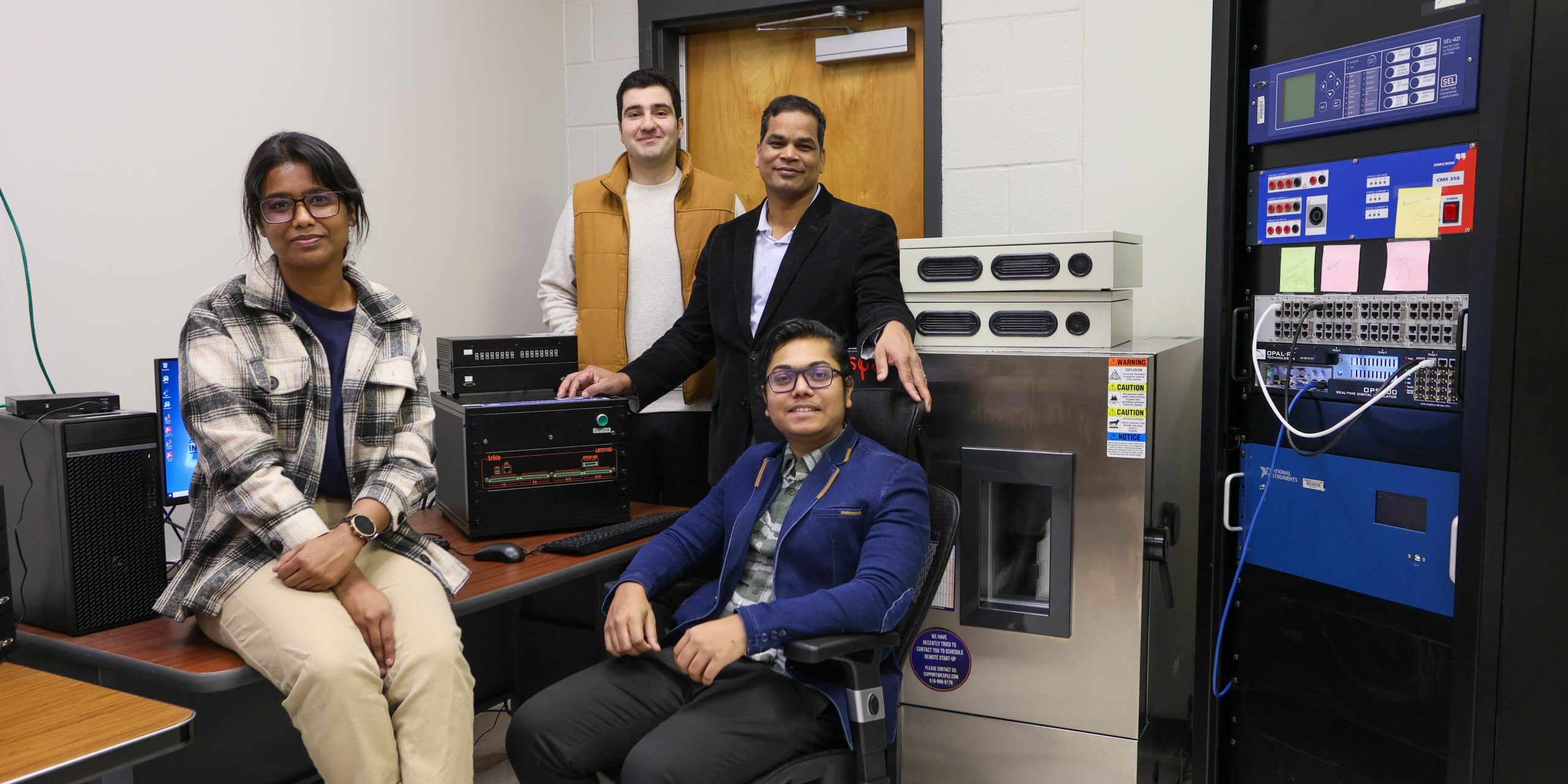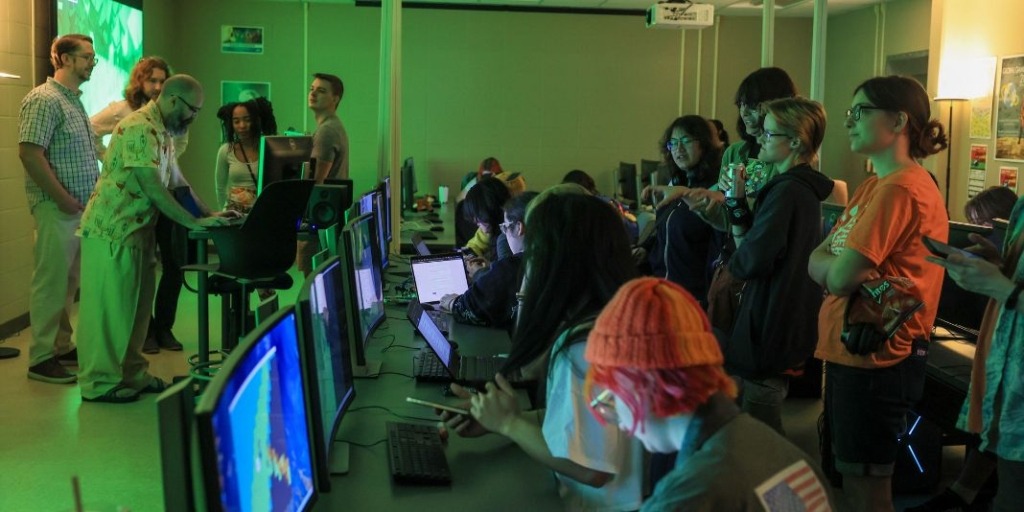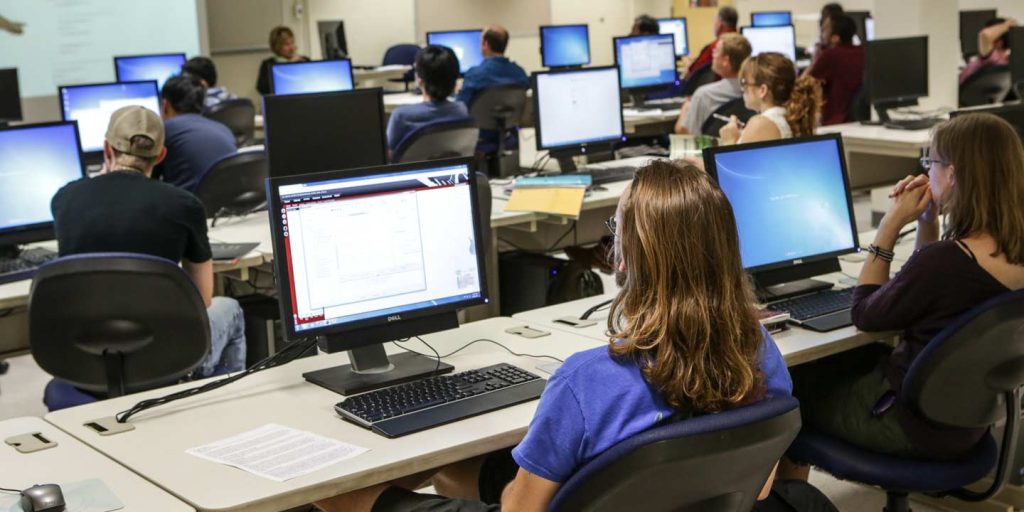HUNTSVILLE – Dr. Avimanyu Sahoo, a researcher at the University of Alabama in Huntsville, has been awarded a National Science Foundation’s Established Program to Stimulate Competitive Research (EPSCoR) Fellowship totaling $279,105 to study ways to enhance the safety, efficiency and longevity of lithium-ion battery packs in electric vehicles (EV).
Lithium-ion batteries are subject to overheating and catching fire, highlighting the limitations of onboard electronic battery management systems (BMS) in detecting abnormal behavior and raising concerns about safety and the broader acceptance of EVs.
With the number of EVs on U.S. roads projected to reach 26.4 million by 2030, this research is especially timely and is slated to run through December 2025.
An assistant professor in electrical and computer engineering at UAH, Sahoo will act as principle investigator on the project, working in collaboration with the Sandia National Laboratories in Albuquerque, N.M.
Sahoo’s prime area of expertise is in intelligent control systems, a discipline that focuses on developing control methods capable of emulating important characteristics of human intelligence, such as adaptation and learning, as well as operation of systems within uncertain environments. Intelligent systems can gather, analyze and respond to the data they collect, making them particularly applicable to improving BMS behavior.
“This research was sparked by my initial work with lithium-ion batteries during my doctoral studies, a curiosity further fueled by reports of fire incidents in electric vehicles,” Sahoo said. “Given my background in intelligent control, I recognized the potential to improve battery management systems by incorporating advanced algorithms, enhancing the accuracy of operational decisions, ensuring the safety of the battery pack, the vehicle and its users.”
Sahoo said developing a “smart BMS” capable of monitoring the smallest part of a battery pack in real-time and learning abnormal behavior for future prediction could be the key to addressing safety concerns.
“Our project is centered on crafting an AI-driven model aimed at achieving a more precise monitoring of individual cells within a battery pack,” he said. “Imagine having a highly intuitive system within electric vehicles that can keep a constant and detailed check on each battery cell’s health and performance. This system would not only foresee potential internal issues and regulate temperature to prevent overheating, but also ensure each cell operates optimally.
“The ultimate goal is to create a safer, more reliable electric vehicle, significantly reducing the risks of fires and enhancing overall battery efficiency.”
The project hopes to chart a new frontier in power and energy management and minimize the risk of pack overheating, while also addressing efficiency concerns and “range anxiety” drivers may experience to insufficient charging stations.
“The fellowship at Sandia National Laboratories represents a pivotal opportunity to conduct tests on lithium-ion battery modules to refine and validate the AI-driven model we intend to develop,” Sahoo says. “This initiative aims to bridge the gap between theoretical models and their practical application, ensuring our intelligent BMS can effectively adapt to and manage the complexities of real-world battery operation.”











